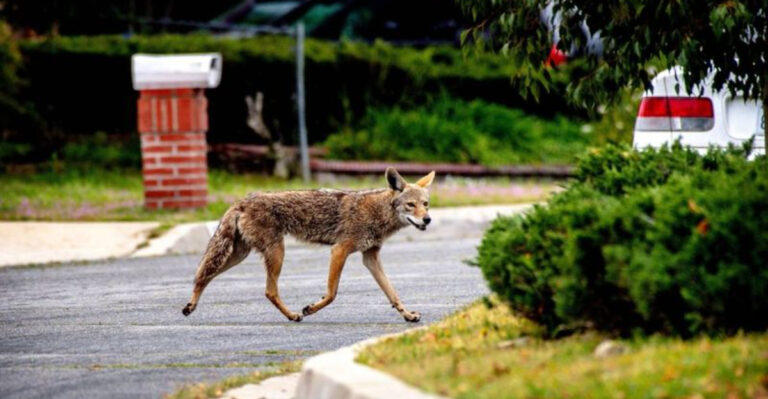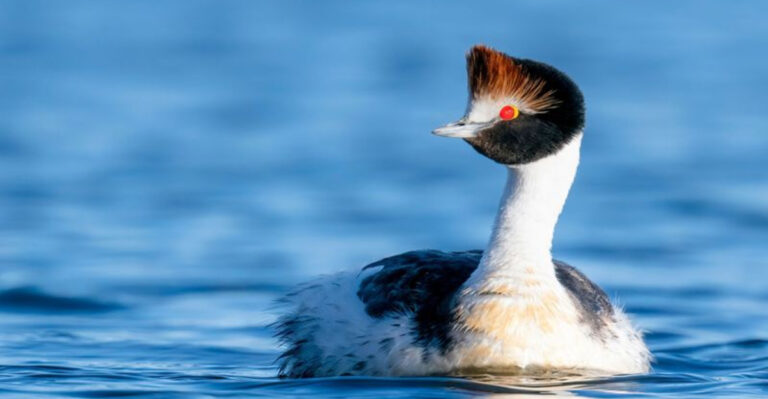15 Things You Must Know Before Keeping Ducks On Your Farm
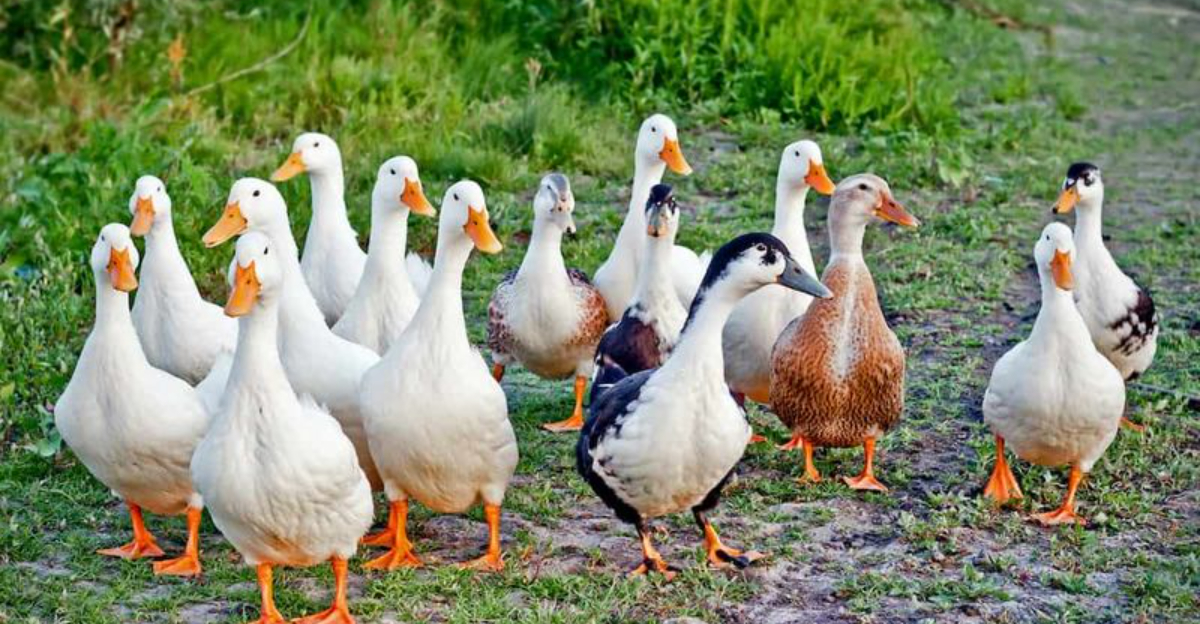
Waddling into the world of duck keeping can be a rewarding adventure for any farm owner. These feathered friends offer eggs, pest control, and endless entertainment with their quirky personalities.
Before you welcome a flock to your homestead, however, there are some essential facts you should know to ensure both you and your ducks thrive together.
1. Ducks Need Water, But Not Necessarily A Pond
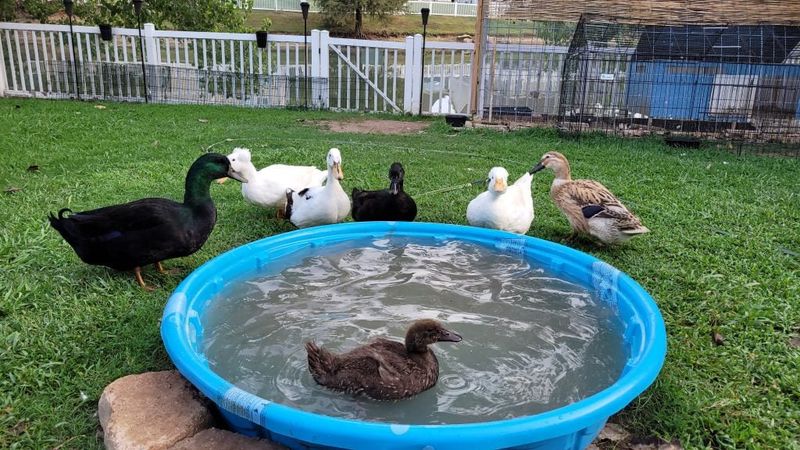
Contrary to popular belief, you don’t need a sprawling pond to raise happy ducks. They require water deep enough to submerge their heads and clean their nostrils.
A kiddie pool refreshed daily works wonderfully. Without adequate water, ducks can develop eye problems and respiratory issues. Their bills are specially designed for water filtering, after all!
2. Duck Housing Differs From Chicken Coops

Those adorable webbed feet aren’t made for climbing traditional chicken roosts! Ducks prefer sleeping on flat surfaces with plenty of bedding material.
Their housing needs lower perches and wider doorways. Ventilation is crucial since ducks create more moisture than chickens. A simple structure with protection from predators and weather will keep your quackers content.
3. They’re Champion Pest Controllers

Garden-destroying slugs don’t stand a chance against a patrol of hungry ducks! These natural pest managers gobble up slugs, snails, mosquito larvae, and even flies with impressive enthusiasm.
Runner ducks particularly excel at this job. Unlike chickens, they won’t scratch up your garden beds or munch your plants. Just one warning – they might nibble tender seedlings, so timing is everything!
4. Duck Eggs Are Nutrition Powerhouses
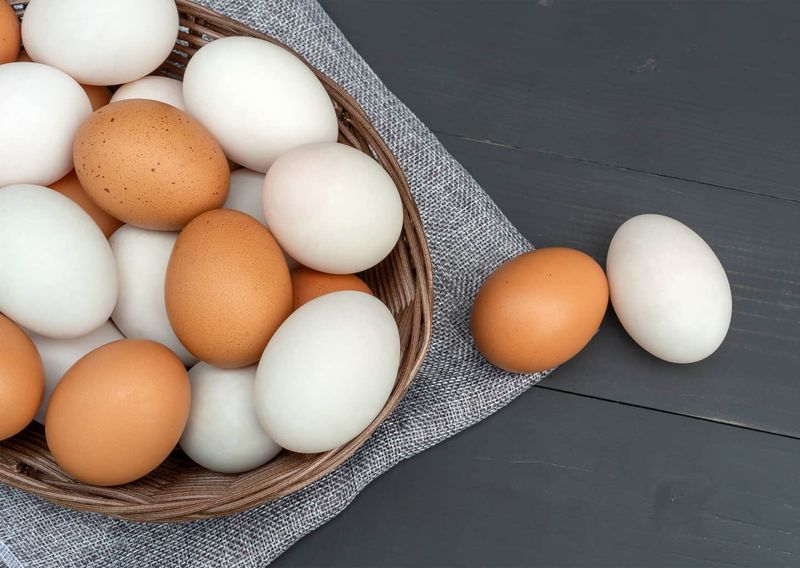
Crack open a duck egg and you’ll find a yolk nearly twice the size of a chicken egg! These magnificent morsels pack more protein, omega-3 fatty acids, and essential vitamins.
Bakers treasure them for creating fluffier cakes and richer custards. While production varies by breed, many ducks lay consistently for years longer than chickens. Khaki Campbells and Welsh Harlequins are especially prolific layers.
5. Ducks Are Weather-Hardy
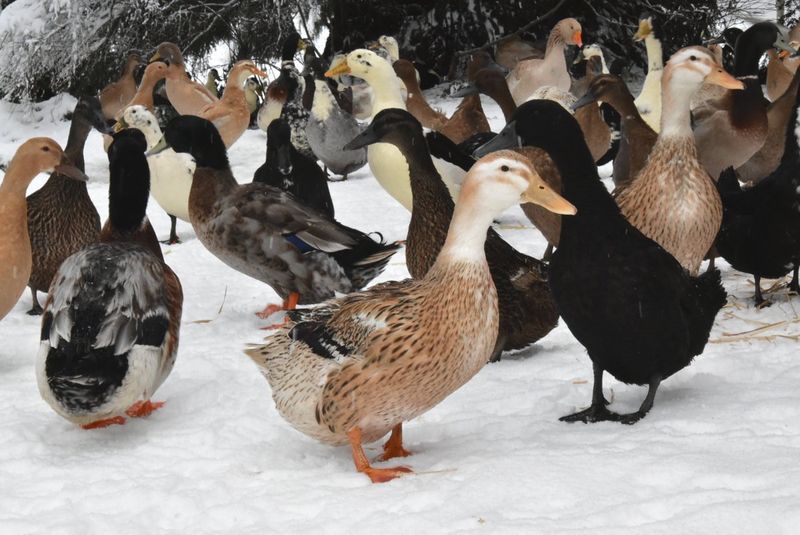
Snow, rain, and chilly temperatures barely ruffle a duck’s feathers! Their waterproof coating and insulating down make them remarkably cold-tolerant.
Many breeds happily paddle in winter ponds while chickens huddle indoors. Heat, however, is their enemy. Always provide shade and extra water during summer months. Their natural oils and special feather structure create that impressive waterproofing system.
6. Predator Protection Is Essential
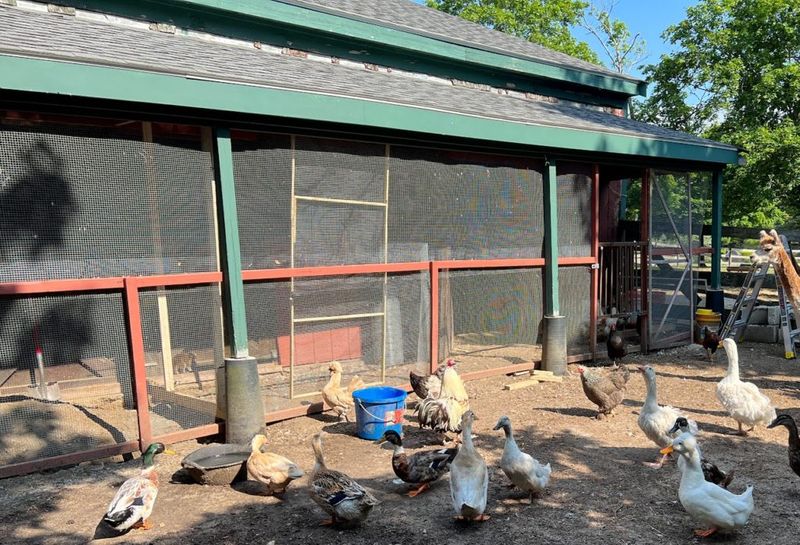
Foxes, raccoons, and hawks view your duck flock as an all-you-can-eat buffet! Unlike chickens, most duck breeds can’t fly well enough to escape.
Secure housing with buried wire barriers prevents digging predators. Consider guardian animals like geese or livestock dogs for daytime protection. Ducks’ limited flying abilities and noisy nature make them particularly vulnerable, especially at night.
7. Different Breeds Serve Different Purposes
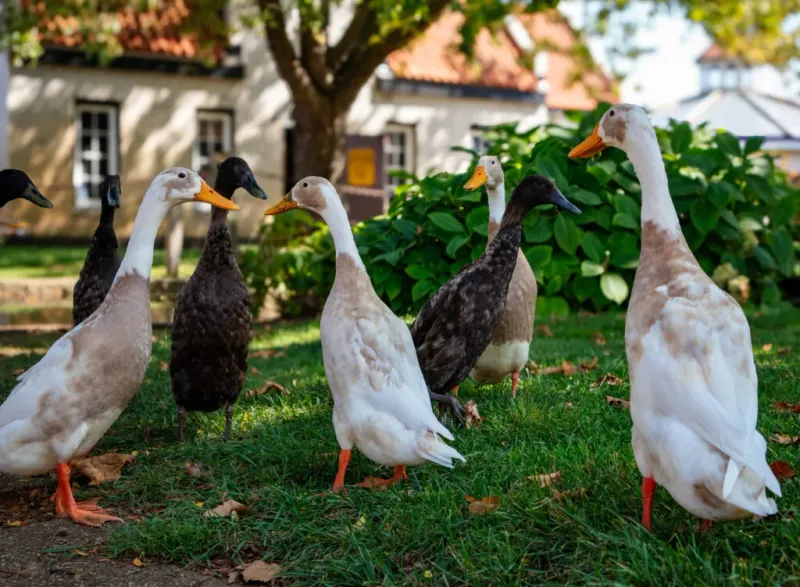
Fluffy Pekins with their bright white feathers make excellent meat birds but mediocre egg-layers. Svelte Indian Runners, standing upright like wine bottles, deliver eggs consistently but offer less meat.
Muscovies, technically not true ducks, have unique care requirements. Research breeds thoroughly before purchasing! Khaki Campbells strike a nice balance for beginners, offering good egg production and friendly personalities.
8. Ducks Create Mess Like Professional Artists

Water plus ducks equals mud – it’s simple duck math! Their enthusiastic splashing turns areas around water sources into slippery mud pits within days.
Drainage planning is critical before your flock arrives. Consider moving water stations regularly or creating designated splash zones with gravel. Their bills constantly filter water and mud, making cleanliness a constant challenge for any duck keeper.
9. Their Diet Needs Special Attention
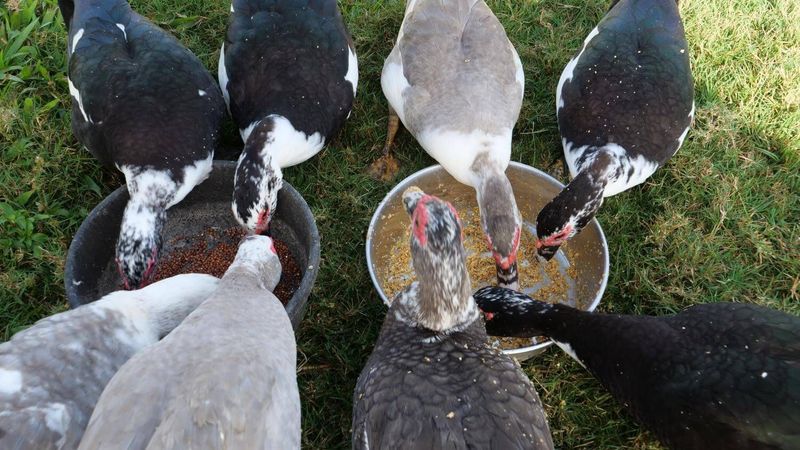
Toss that chicken feed aside – ducks require higher niacin levels for proper leg development! Without it, ducklings develop painful, debilitating leg issues.
Adult ducks thrive on waterfowl-specific feed supplemented with greens, insects, and occasional treats like peas or corn. Free-ranging enhances their nutrition naturally.
10. Ducks Are Surprisingly Quiet (Except For Some)
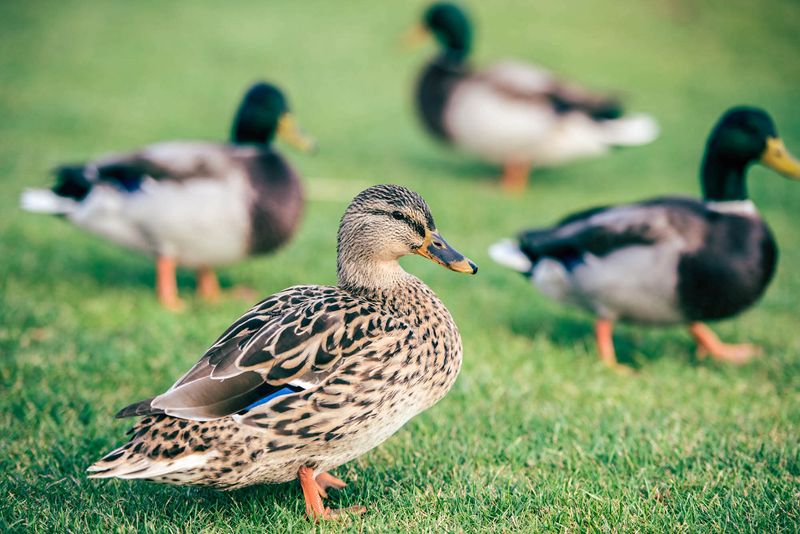
Female ducks (hens) make gentle quacking sounds that rarely disturb neighbors. Males (drakes) actually whisper with soft raspy voices!
The exception? Female Muscovies hiss rather than quack, while Call ducks live up to their name with piercing vocalizations. For suburban settings, choosing naturally quieter breeds helps maintain neighborly peace.
11. Ducklings Need Special Brooding Care
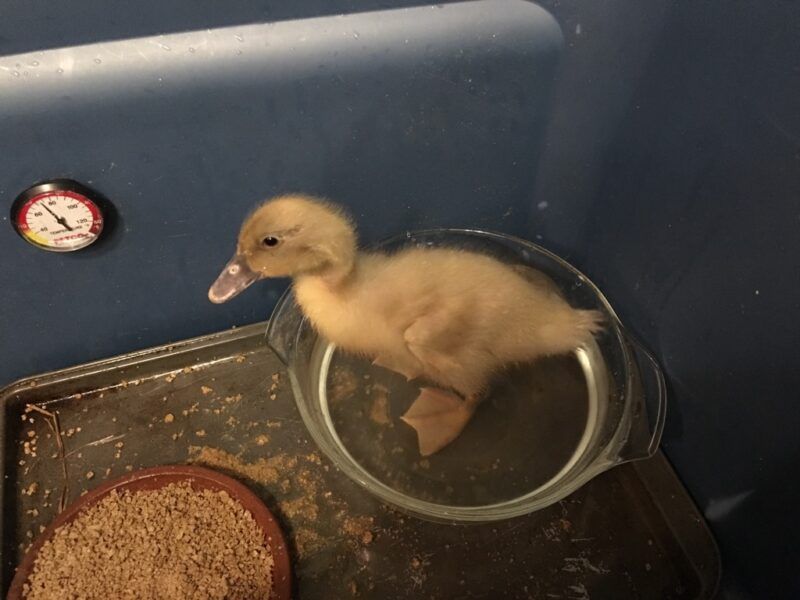
Baby ducks develop waterproofing gradually – premature swimming can be deadly! Wait until they’re at least 3-4 weeks old before allowing full swimming access.
Their brooder temperature requirements differ from chicks, typically needing less heat. Provide shallow water dishes they can dip bills into without drowning. Watching ducklings first discover water is a farm highlight – their joy is absolutely contagious!
12. Gender Ratios Matter Tremendously
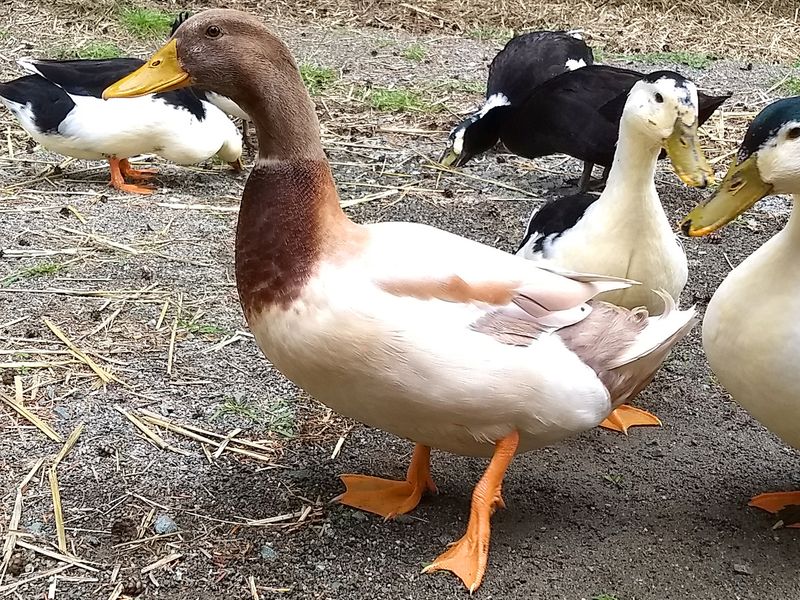
Too many drakes create a dating disaster! Aim for one drake per 4-5 females to prevent stress and injury to your hens.
During breeding season, overeager males can literally drown females during mating attempts. Extra drakes often fight viciously for dominance. If raising ducks primarily for eggs, you don’t need males at all – hens lay perfectly well without them!
13. They’re Surprisingly Long-Lived
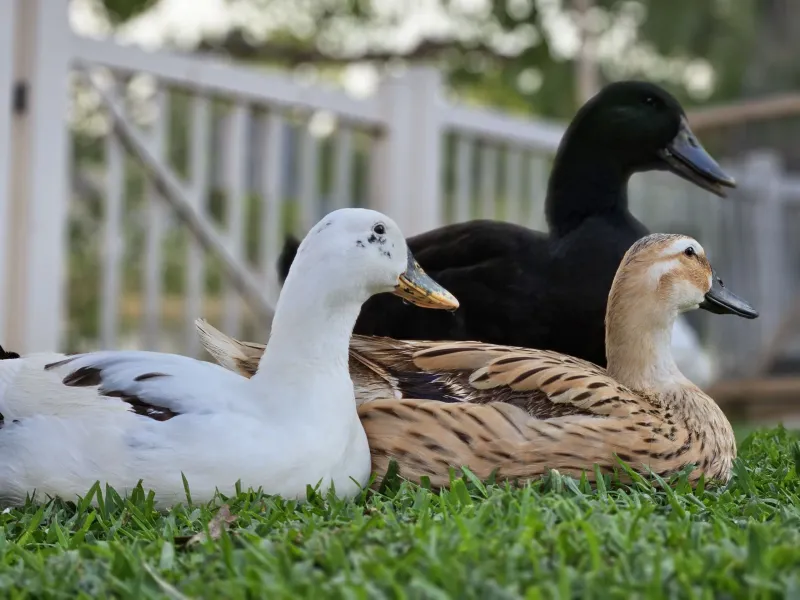
While chickens typically live 5-8 years, many duck breeds thrive for 8-12 years or more! This longevity means a deeper commitment when adding ducks to your farm family.
They’ll continue laying eggs for years, though production gradually decreases with age. Their remarkable lifespan allows them to become genuine farm personalities. Some Muscovies have even reached 20 years under excellent care!
14. Ducks Need Friends – They’re Social Creatures
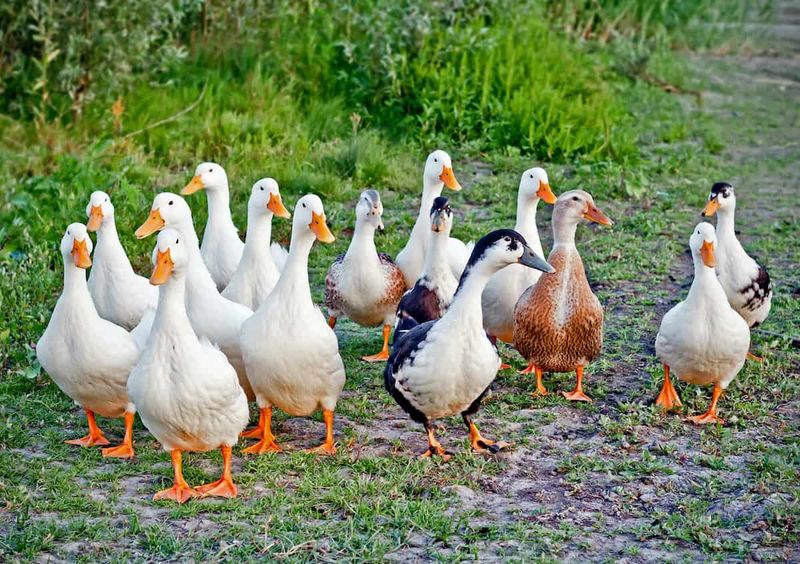
A lone duck is a sad duck! These social birds experience genuine distress when isolated from their kind. Always keep at least two, preferably three or more.
They establish complex social hierarchies and form strong bonds with flock mates. Different breeds generally mix well, though size differences should be considered. Their natural flocking instinct makes them stressed and vulnerable when kept alone.
15. They’re Easier To Handle Than You Might Think
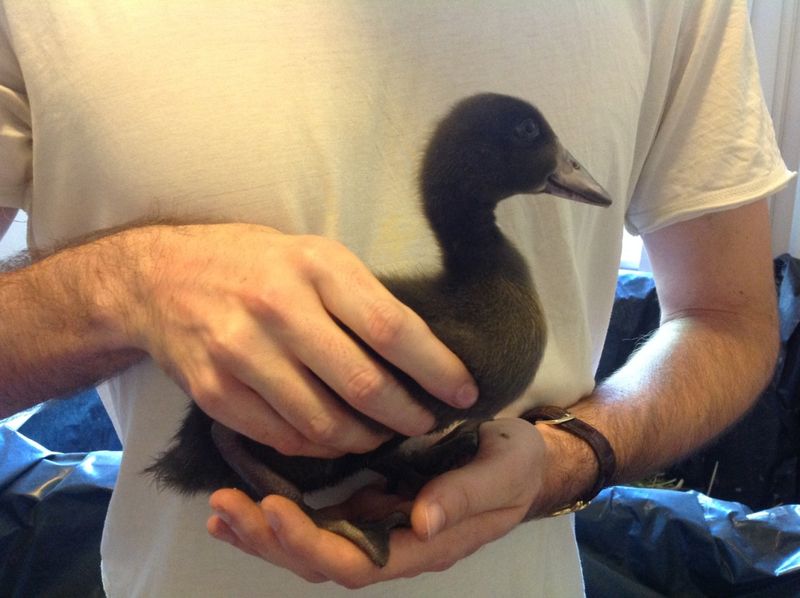
Unlike chickens with their sharp beaks and scratchy claws, ducks rarely hurt humans during handling. Their bills are blunt and designed for grabbing, not pecking.
Most breeds have mellow temperaments, especially when raised with gentle handling. Carrying them properly – supporting their keel (breastbone) and legs – keeps them calm. Even children can safely interact with most domestic duck breeds!



